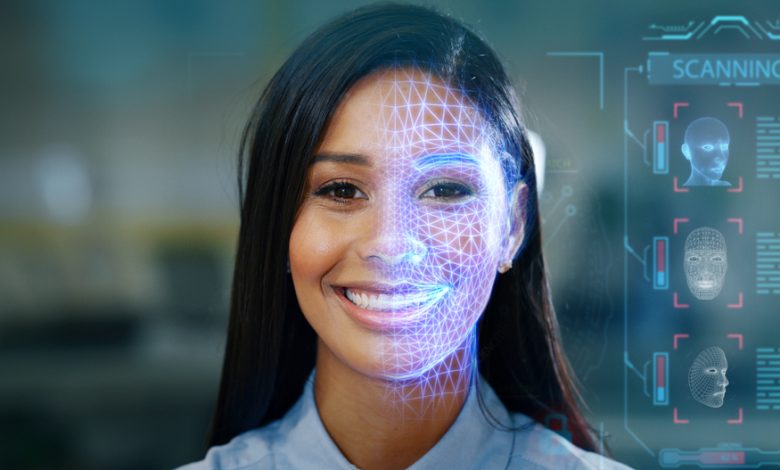
Whether we like it or not, the future of facial recognition will include the monitoring of all parts of an urban environment. While this may be daunting across party lines, present technological developments seem to be pointing us in this direction. Safety is the number one concern to a voter even ahead of the economy.
If parents can’t ensure a safe society and environment to raise their children in, they will leave the country. This has been the main cause of the migrant caravans that we have seen from Central and Latin America illegally crossing our southern border with Mexico.
No doubt, there are many criminals among these caravans, however the genesis of the outbreak of caravans has been the desire for these people to find a safe home to raise their family. Now we see that the issue of closing the borders hasn’t reduced the people coming to the US, it simply resulted in these people being stuck here once they have arrived.
Prior to that, it could be argued that the porous border was beneficial for the border economy and the migrants as they could perform seasonal labor for a few months and then return home to live with their families.
As we shift focus to the racial conflicts that are being amplified by the media in America today, we could potentially end up with a situation that is worse than the 1960s race riots. The 1960s race riots redefined a generation, influenced the architecture of government buildings, both federal and local, and created buildings that could withstand the raiders that we’re seeing in cities such as Portland.
Today’s hostilities will serve as justification for updated facial recognition technology in the near future. There are already very responsible facial recognition companies like Onfido, which prefers their technology be called a biometric analysis tool.
These tools can work with local governments to create databases of passports and driver's licenses, so that the bias of facial recognition algorithms towards darker skin will be met with intelligent databases creating an error ratio that’s much lower. Because facial recognition algorithms have a bias towards darker skin color, they have gotten a very bad reputation among the media and the general public. This is possibly more due to the use of bad data sets such as the recent MIT debacle.
But the advent of the sharing of public data with special recognition can possibly result in fair monitoring. It is worth noting that this is one of the major criticisms of Clearview AI and a major concern in the data privacy community.
Facial recognition firms can simply pick up features from individual faces and match them with known ID formats and the photos on the uploaded public documents.
If times get better and we see an attrition to the current hostilities, there will be a longer delay towards the implementation of mass facial recognition. However the inevitable future of our society is one where all faces are monitored in any public area.
Safety is paramount! Those people that are upset about rights ostensibly give up their right when he or she enters a public space. Once you have entered the public domain, your identity should be of public interest. Of course, privacy legislation does not support this argument.
Even law enforcement must have due cause to interrogate or search a person in a public place. Otherwise, citizens are entitled to go about their business without being harassed.
Especially now in a time of health crisis, when your simple existence in the public domain could result in another citizen's mortality, we must accept limited amounts of government tracking to ensure our safety.





Leave a Reply
Thank you for your response.
Please verify that you are not a robot.